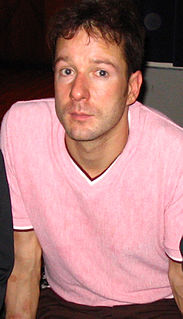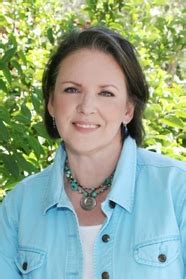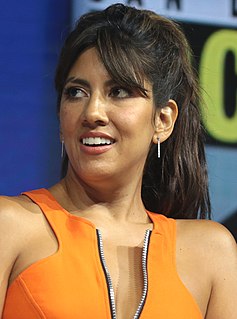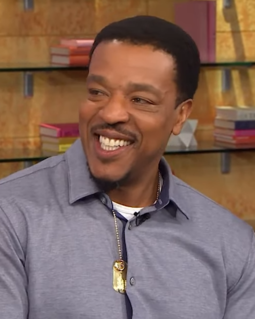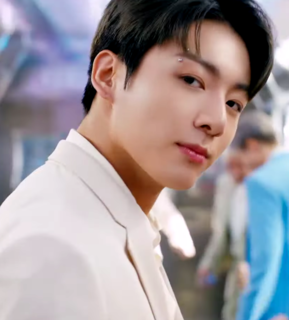A Quote by Terry Brooks
On the other hand, I still approach each book with the same basic plan in mind - to put some people under severe stress and see how they hold up.
Related Quotes
Because I happen to believe that the best policy solutions lie in the center ground, then I want to see, how does the center revitalize itself? How does it develop the policy agenda for the future? And how do we link up people who have the same basic ideas and attachments to the same basic values across the world?
See, that's the thing about second chances. It's two people that are there for each other and support each other and care about each other no matter how much they want to deny it. It's about one person doing everything they can to make sure the other doesn't fall and vice-versa. Second chances are about holding on to that other persons hand no matter how hard they beg to let go.
When you label somebody and put them in a box, then you put the lid on the box, and you just never look inside again. I think it's much more interesting for human beings to look at each other's stories and see each other. Really see each other and then see themselves through other people's stories. That's where you start to break down stereotypes.
Sometimes when you meet stars, on one hand you're like, "You're who I'm inspired by, you're who I look up to." On the other hand you're like, "I wanna be in the same kind of shoes that you're in." That's how I've always seen myself. Some of me is star-struck, some of me feels like I'm looking at a peer. They're another person who sees the world the same way I do, who already did it. It's inspiring.
All my other movies have the same process. Same approach. Same amount of changes. Everything. Things being made up on the fly. Changing things around. Firing and recasting. Constantly, constantly, in chronological sequence, not really knowing how this is going to end up. That is the only dogmatic approach I take towards everything.
Any chemist reading this book can see, in some detail, how I have spent most of my mature life. They can become familiar with the quality of my mind and imagination. They can make judgements about my research abilities. They can tell how well I have documented my claims of experimental results. Any scientist can redo my experiments to see if they still work-and this has happened! I know of no other field in which contributions to world culture are so clearly on exhibit, so cumulative, and so subject to verification.






